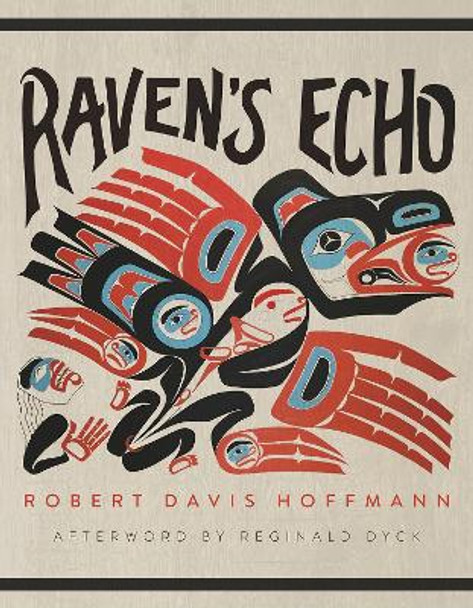Description
Raven's Echo is divided into two books, "SoulCatcher" and "Reconstruction." "SoulCatcher" artfully explores human alienation and spiritual longing through poems that describe the speaker's enduring struggle to find a place in Tlingit tribal history and contemporary experience. It takes up topics like colonialism, government subordination, painful acculturation, assimilation, and an array of other challenges, while it also addresses human loneliness in a world of spirits who often elude rather than nurture. The poems in "Reconstruction" present ways of integrating traditional Tlingit culture into contemporary life by honoring the significance of the land, subsistence fishing, warrior identity, and the role of elders. The two books are woven together by the constant thread of finding a way to live humanely in a world that is historically fractured yet spiritually inviting.
Hoffmann's poetry is acutely aware of economic, political, and social tensions, while still highlighting the joy of traditions and the beauty of Alaskan nature throughout the collection. The destructiveness of colonialism brings a profound darkness to some of the poems in Raven's Echo, but the collection also explores the possibility of finding spiritual healing in the face of historical and contemporary traumas. As Hoffman's poetry grapples with reconstructing a life within Tlingit tradition and history, the speaker urges that the importance of honoring and remembering traditions through art is ever present: "Listen, I'm trying to say something- / always our stories have lived through paintings, / always our stories stayed alive through retelling." Raven's Echo may tell stories about living in a world of guns and horsepower, global warming, cops, and drunks-but Raven always lurks in the background.
About the Author
Robert Davis Hoffmann imagines the mythical and historical life of his Tlingit people. He addresses historical and cultural loss, confused identity as the result of growing up in two cultures and being half-Native, and ultimately moving toward catharsis and integrity. He now enjoys retirement in Sitka, Alaska, where does his artwork and helps his wife, Kris, with her fantastical garden. His latest work is Village Boy: Poems of Cultural Identity.
Reviews
"[Hoffmann's] work is a beautiful tearing of Native spiritual bedrock by the riptide of government programs to help the Indian. A rendering (as in the melting of fat from bacon for lard) of 'no way forward, no way back.'"-Diane Glancy, author of Primer of the Obsolete
Book Information
ISBN 9780816544714
Author Robert Davis Hoffmann
Format Paperback
Page Count 120
Imprint University of Arizona Press
Publisher University of Arizona Press
Weight(grams) 363g








